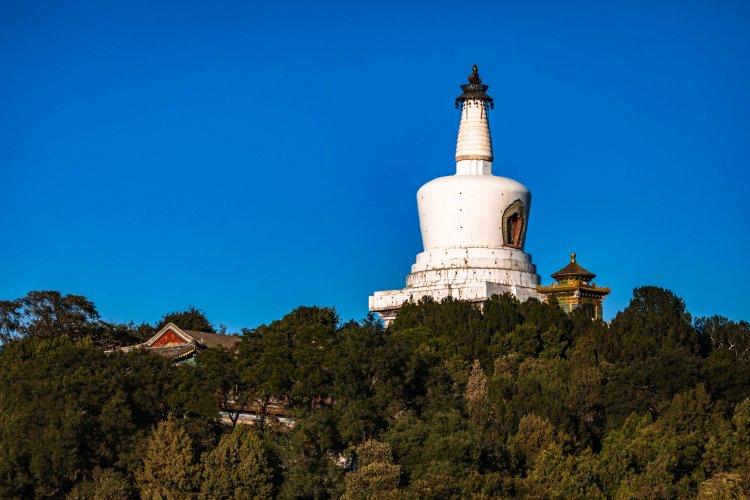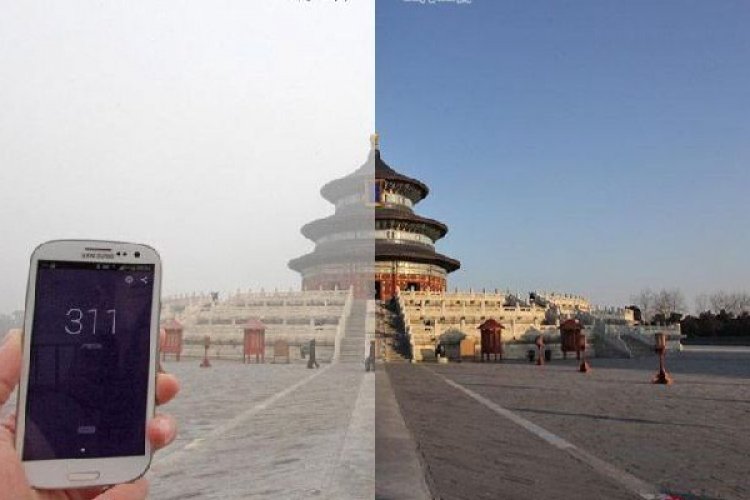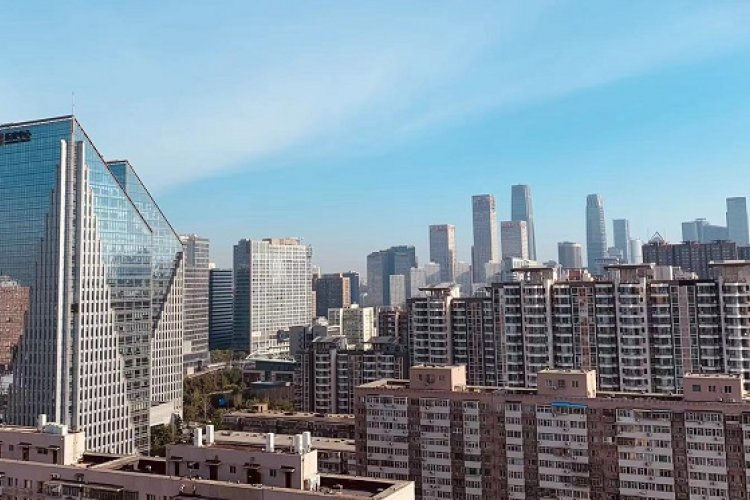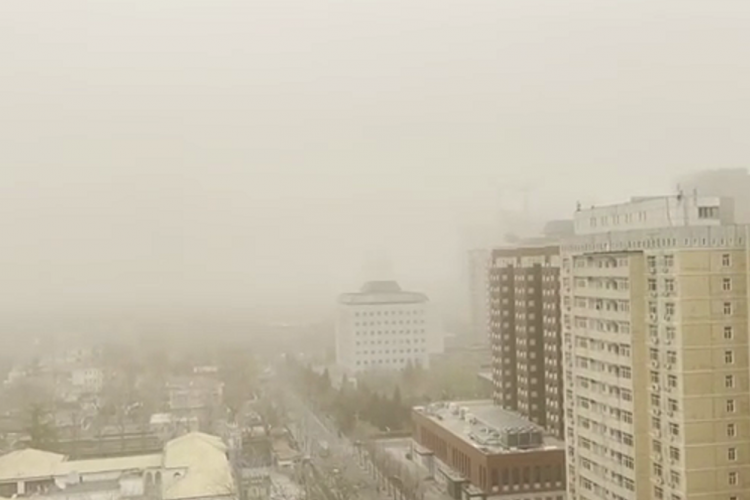Beijing May Impose Winter Auto Restrictions, But Why Now?
News reports over the weekend indicated that Beijing is still considering automobile restrictions using the odd-even license plate system, on which we reported weeks ago. The question is: why now?
Despite reported progress in Beijing's air quality during 2015, this winter will be remembered for the issuance of the first two pollution red alerts in the city's history. When public discussion of the move, which we support as general policy, there was no reason to think that the levels of air pollution triggering the alerts wouldn't continue.
Then a sustained cold front arrived, and while it has nipped rather aggressively at our nose, it's kept our skies blue and air filters off. With some businesses already closed for Spring Festival (no kidding), we're on the holiday glide path, and no non-holiday (except for something like fireworks) will be implemented before the jiaozi boil on February 7.
So what's this "winter" the municipal government is talking about? The holiday ends February 13, with white-collar workers going back to work on Sunday, February 14. That gives us exactly 30 days including the February 29 Leap Year until central heating ends on March 15, reducing pollution levels as energy use drops, if a warm spring doesn't switch it off sooner.
Imposing such a moves seems ill-conceived, at least as a "winter' measure, especially since every one of your Chinese colleagues will tell you "it's spring now" when they return in mid-Feb. Also, we know that odd-even works to reduce both pollution and traffic: it's been used during the 2008 Beijing Olympics, but has reappeared from time to time, including in August and September 2015 ahead of the September 3 military parade, and in November 2014 for the Asia-Pacific Economic Cooperation (APEC) meeting, and also during Beijing's two recent pollution red alerts, all with positive results.
It wouldn't be the first time that we've seen poor execution on a pollution plan from the city government. The two red alerts seemed forced, ill-timed, and compared to the 500+ AQI days that preceded them, relatively unnecessary. We know that odd-even restrictions work. Forget holidays, special events, and pollution emergencies: just implement it once and for all for the good of the city.
More stories by this author here.
Email: stevenschwankert@thebeijinger.com
Twitter: @greatwriteshark
Weibo: @SinoScuba潜水
Photo: Wikipedia







